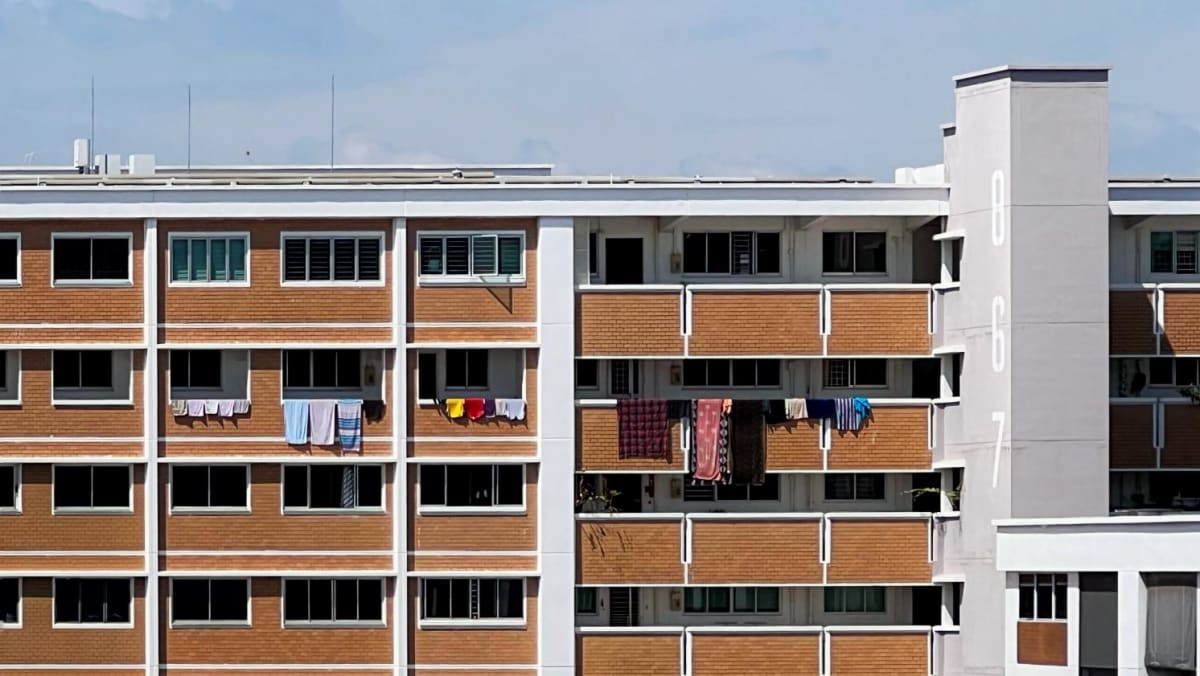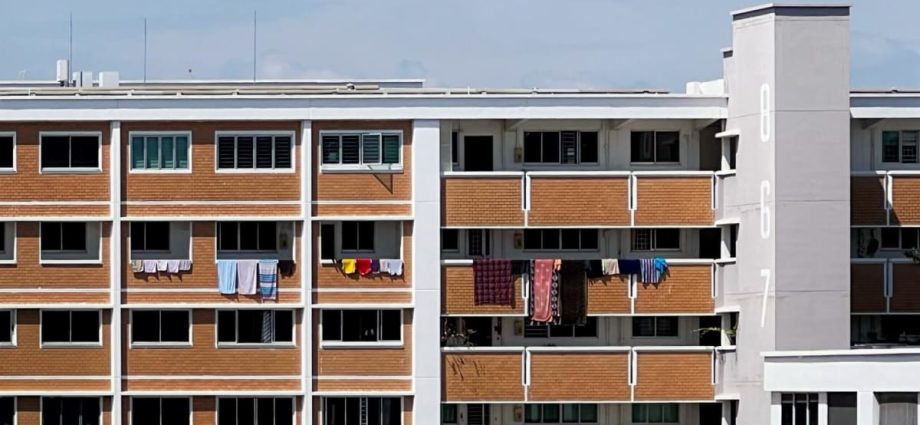
Sometimes, it is a matter of a lack of awareness. Once, I texted a neighbour to gently remind her that her karaoke session was getting a little loud late into the night. That was sufficient for her to stop with a “Sorry! I didn’t realise it was so late!”
I was able to do that because we practise neighbourliness. We chat and exchange pleasantries as friends and acquaintances.
However, usually when cases reach the mediation stage, it is often a situation where neighbourliness has already withered (or never blossomed in the first place) and the parties are not prepared to talk it out.
In such situations, it is common that the complainant resorts immediately to reporting the matter to the police or such similar authority without first reaching out to the respondent. Other times, the complainant does reach out to the respondent, only to be ignored or stonewalled.
There is an issue with mediation in its current form: Mediation cannot move forward if one or both parties are not interested in addressing the situation.
At the moment, mediation cases are voluntary; there is no law to compel it. Yet mediation requires both sides come together to work out a solution.
Of the 6,095 voluntary mediation cases registered with Community Mediation Centre (CMC) in the past five years, 77 per cent did not proceed to mediation. Reasons include, among others, either party ignoring or declining CMC’s invitation to mediate.
Yet, when these cases get mediated, the success rate goes up: Up to 80 per cent of cases that proceed to mediation reach a settlement after parties hear each other out.

